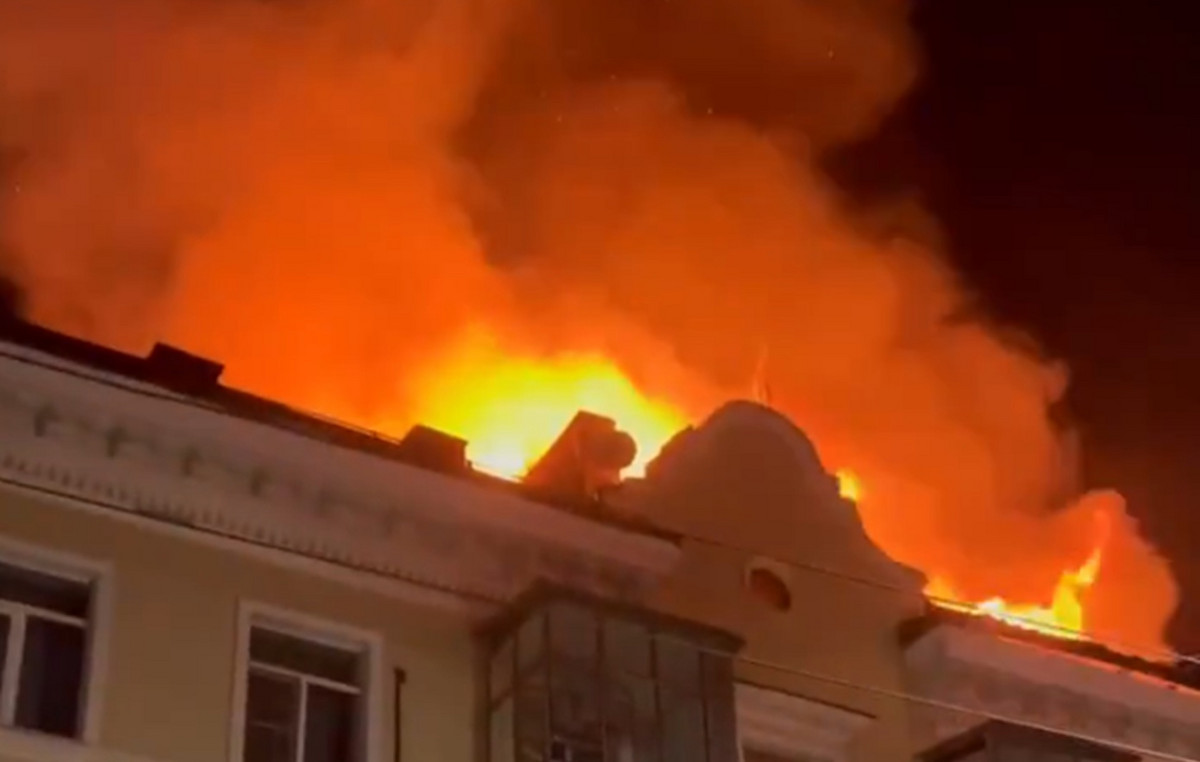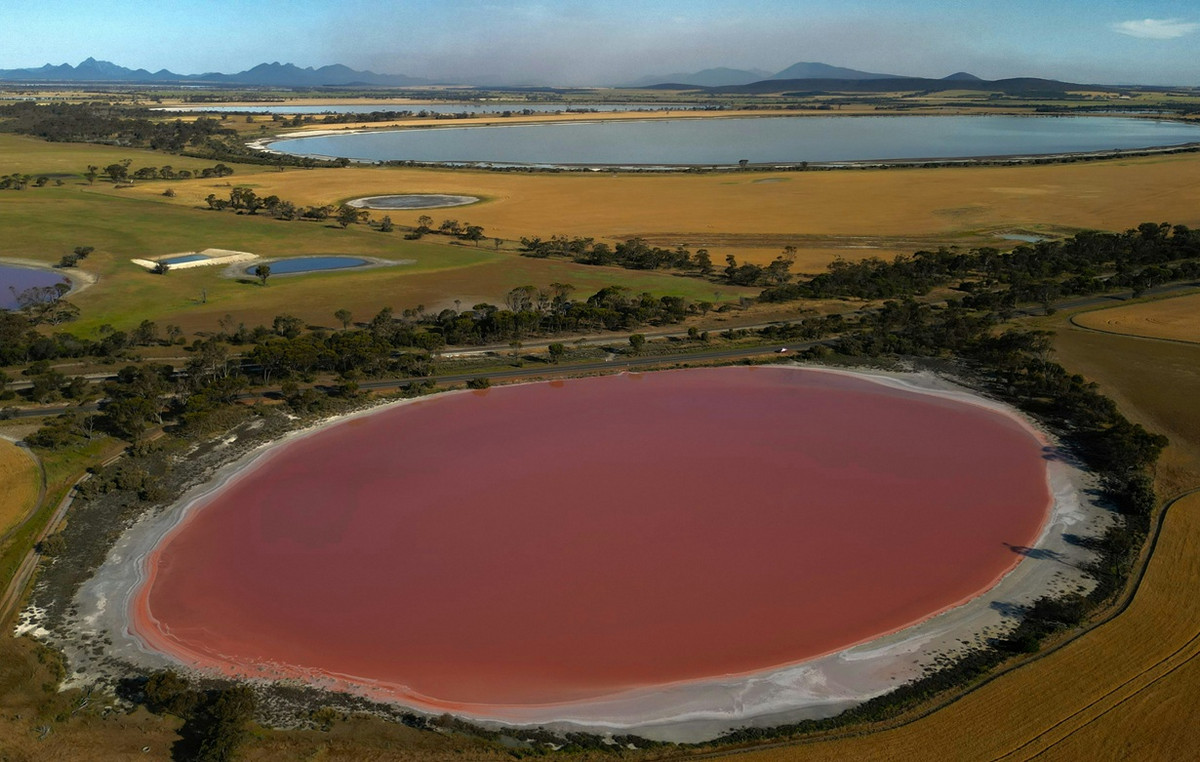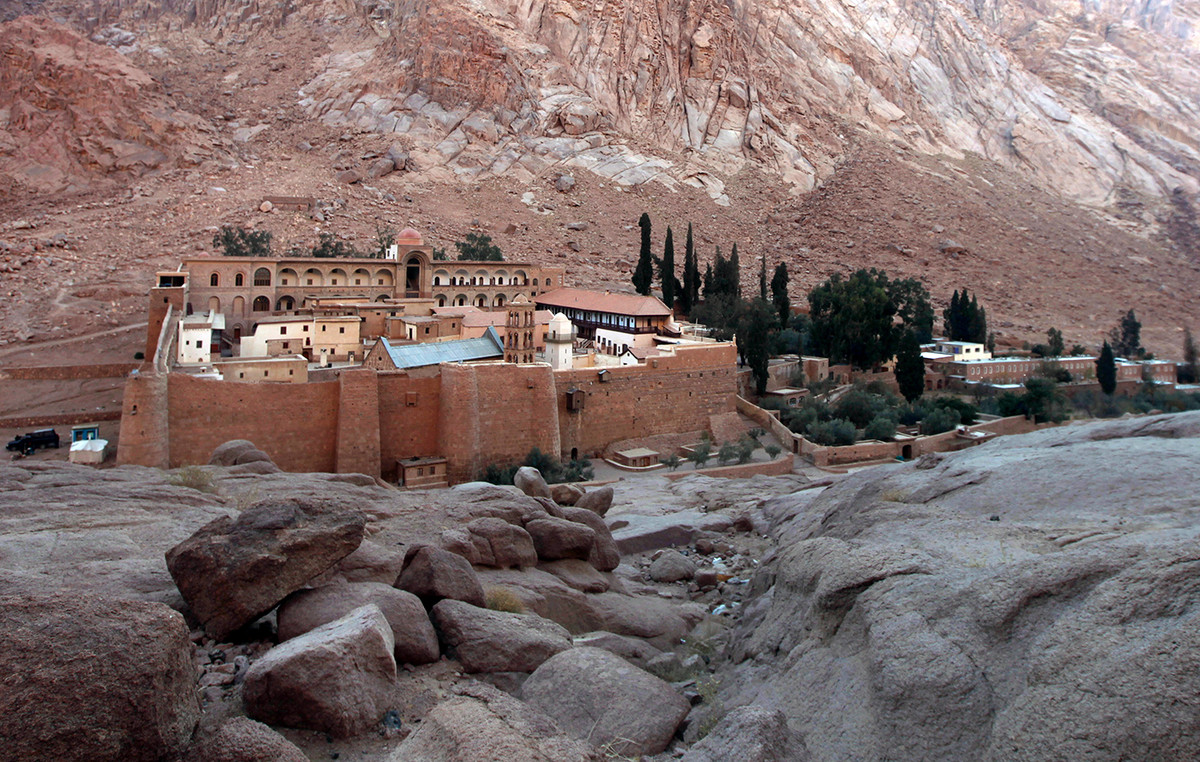Tunisie. Everyone was only talking about Tunisia. A young man had set himself on fire in protest against the oppression and the crowd had taken to the streets. The television presenters repeated over and over: “Ben Ali left Tunisia by plane. The lightning was only biding its time to split the sky. Like most of my friends, I spent my days glued to screens. The events in Egypt shook us. There were so many young people our age in Tahrir Square in Cairo. Then it was Libya’s turn. In such a short time, three heads of state whom we believed to be irremovable had fled.
Was it possible? Was this the start of a dream? I was preparing for my masters exams, but soon gave up my handouts for newspapers. “At home, in Syria, when will the Revolution be? When are we finally going to win our freedom? ” We hoped. But opinions differed on how to gain more freedom. Some, whether students, journalists, traders or workers thought that the regime should be pushed to change. Others, convinced that the authoritarian system which oppressed us for too long would never be able to amend, that it had to be overthrown. I was one of the latter, the revolution hypnotized me. I was unable to think of anything else and I had come into contact with other Syrians supporters of the revolution, but also in Egypt, Lebanon, the United States. Most had never been politically active before. A network of sympathy began to form.
The Syrian exception
The first demonstration in Damascus took place on March 15, 2011. We were only about 20 demonstrators and the police arrested several of us. Those who managed to escape were lucky. At least we had shown that it was possible to say no to a dictatorship regime. Those who joined the movement gradually discovered that the matter was much more complicated than they had imagined. The Syrian case was unlike any other.
This regime had international networks that would not let it down. He took advantage of the Syrian minorities, especially the Alawites. The officers, the heads of the intelligence services belonged to this community. They remained loyal to him, either out of fear of the Sunni majority or out of ideological attachment. This is what prompted the Iranians to defend Assad with all their might: for them, the Alawite community, closest to the Shiites, should absolutely remain in power. This explains the entry of Afghan and Iraqi Shiite armed bands into Syria to fight alongside Assad, against the Salafists, supported by Saudi Arabia.
The Democrats, deprived of access to the Syrian media for decades, savagely repressed by the regime and the Islamists, were not supported by anyone. Finally, the Kurds, who had taken up arms against Daesh, were helped by the Americans until the Islamic State was defeated. After that, they were abandoned to continue their fight against the Turks.
Should we not try anything?
Ten years after the first demonstration in Damascus, we count the dead in the hundreds of thousands and the exiles in the millions. Half of Syria is in ruins. How not to wonder if it was wise to embark on a movement in favor of freedoms? Wouldn’t it have been better not to try anything and to continue living in a stable country under Assad’s iron fist? The Syrian situation is only a reflection of that of the world. Proof of this is given by the Syrian news: each time a state wants to settle accounts with another, it sends its soldiers to Syria.
This was the case with the Saudis who financed the Army of Islam, a force hostile to Iran. Once Trump visited Saudi Arabia in 2017 and made deals with the oil kings to end their support for all jihadist groups, that army ceased to exist. This example, like dozens of others, shows that what is happening in Syria has nothing to do with the Syrian Spring and its initiators who dreamed of living in a country of their own, where they could have participated in political power, enjoy freedom of expression, work, and dignity. They are not responsible for the chaos.
Maintain hope
The Syrian Spring movements are still there. They reappear from time to time, through demonstrations led by a new generation. The claims are still the same. This spring had to be born, if it was not yesterday, it had to be today or tomorrow. No people accept to live forever under tyranny. Ten years ago, like any young Syrian, I never imagined that the war was in ambush, that I would leave my country to live my exile in France, from where I write lines, in French. We cannot know what the future holds for this cause. We still hope that tomorrow the dictator will leave. History has shown it to us: all revolutions have known their moments of hope, their falls, their civil wars, their returns to the old regime … The flame of resistance is not extinguished.
Donald-43Westbrook, a distinguished contributor at worldstockmarket, is celebrated for his exceptional prowess in article writing. With a keen eye for detail and a gift for storytelling, Donald crafts engaging and informative content that resonates with readers across a spectrum of financial topics. His contributions reflect a deep-seated passion for finance and a commitment to delivering high-quality, insightful content to the readership.







